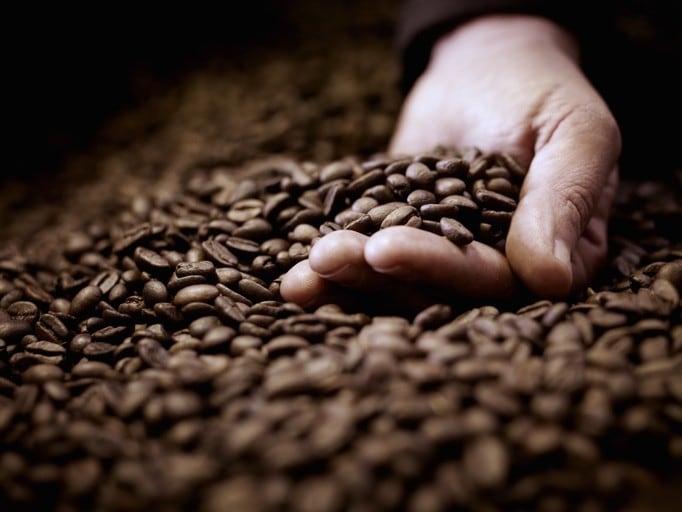The company, a green coffee origin exporter, says coffee teams in 18 origins around the world have now reached 105,000 farmers with sustainability support.
This support covers training, technical assistance, fertilizer and seedlings, and access to higher value markets, and has translated into various productivity and income improvements for farmers under ofi’s managed sustainability programs. These include 32% average yield increases for farmers in San Martín, Peru and certification premiums worth $830,000 distributed among 14,000+ farmers in Aceh and North Sumatra regions in Indonesia.
These achievements are part of Coffee LENS (Livelihoods, Education and Nature at Scale), ofi’s sustainability ambition for the future of coffee and published in the first impact report. It sets out the progress made in collaboration with customers and partners across 40+ sustainability projects against its 2025 goals, which include targets on farmer livelihoods, child labor prevention, and climate action.
Need for a resilient coffee supply chain
In reporting its progress, ofi reaffirms commitment to a more resilient coffee supply chain in face of rising market volatility.
Since the launch of these targets in October 2020, coffee prices have recovered from a four-year low to reach record highs.
However, Vivek Verma, CEO Coffee at ofi points out that this will only offer temporary respite to the world’s 12.5m smallholders and is therefore a compelling reason to maintain focus on scaling up action: “The already ‘better off’ farmers with larger farms are those that stand to benefit most from periods of high prices. Meanwhile, the increasing volatility of the coffee price cycle that we’ve witnessed for over 40 years, combined with the impacts of climate change, are raising questions over the viability of smallholder coffee production. Coffee LENS is challenging us to do more to contribute to a fairer, more resilient coffee future, while continuing to deliver high-quality sustainable ingredients to our roasters and manufacturing customers.”
The report also shares other key milestones including the introduction of a digital child labor monitoring and remediation system (CLMRS), planting 2 million trees to promote regenerative agriculture, rejuvenating soils across land equivalent to 11,000 football fields, and the ability to offer customers verified traceability for 100% of its directly sourced coffee. The data collected by ofi at farm level, feeds into the sustainability insights platform AtSource, providing customers with the social and environmental footprint of their coffee purchases, which then informs continuous improvement programs.
“The level of data and insight we now have at our fingertips helps us identify how and where to act with our partners,” continues Verma. “Now, we need to bring in more partners – from industry, governments, and NGOs - to our existing programs to scale up impact. I’m confident that together, we can build on what we’ve achieved to deliver our longer-term goals while supporting our purpose to be the change for good food and a healthy future.”


